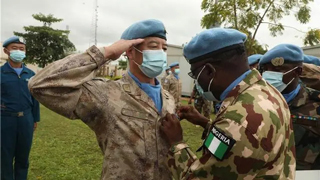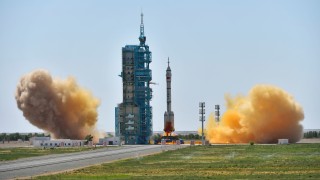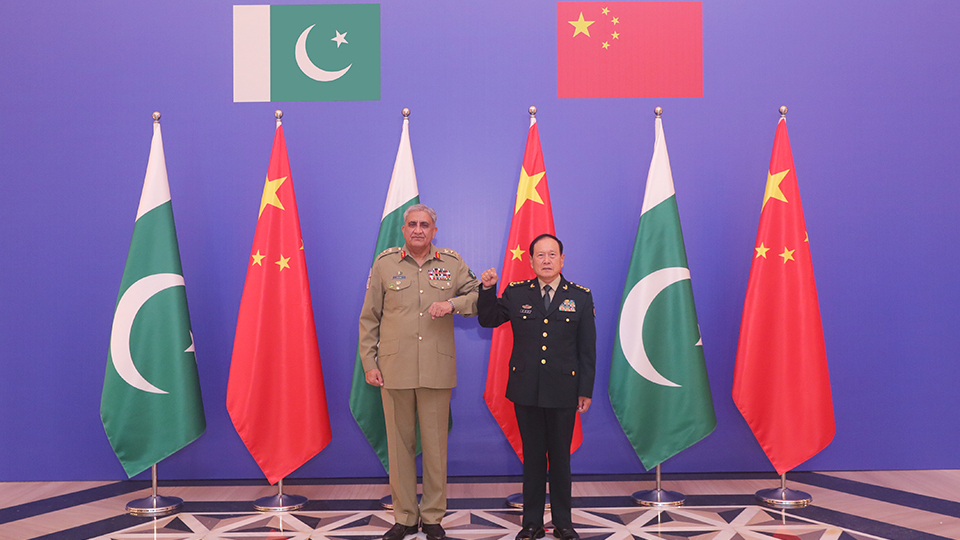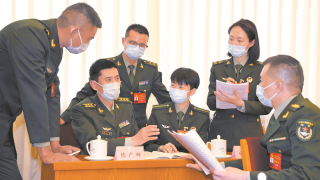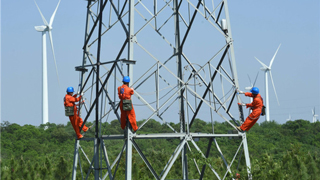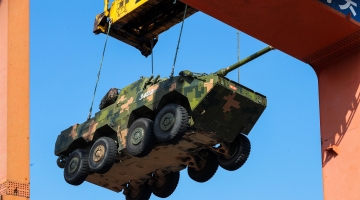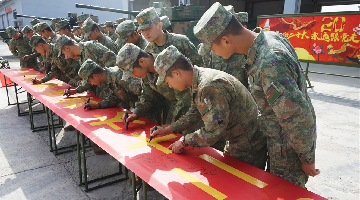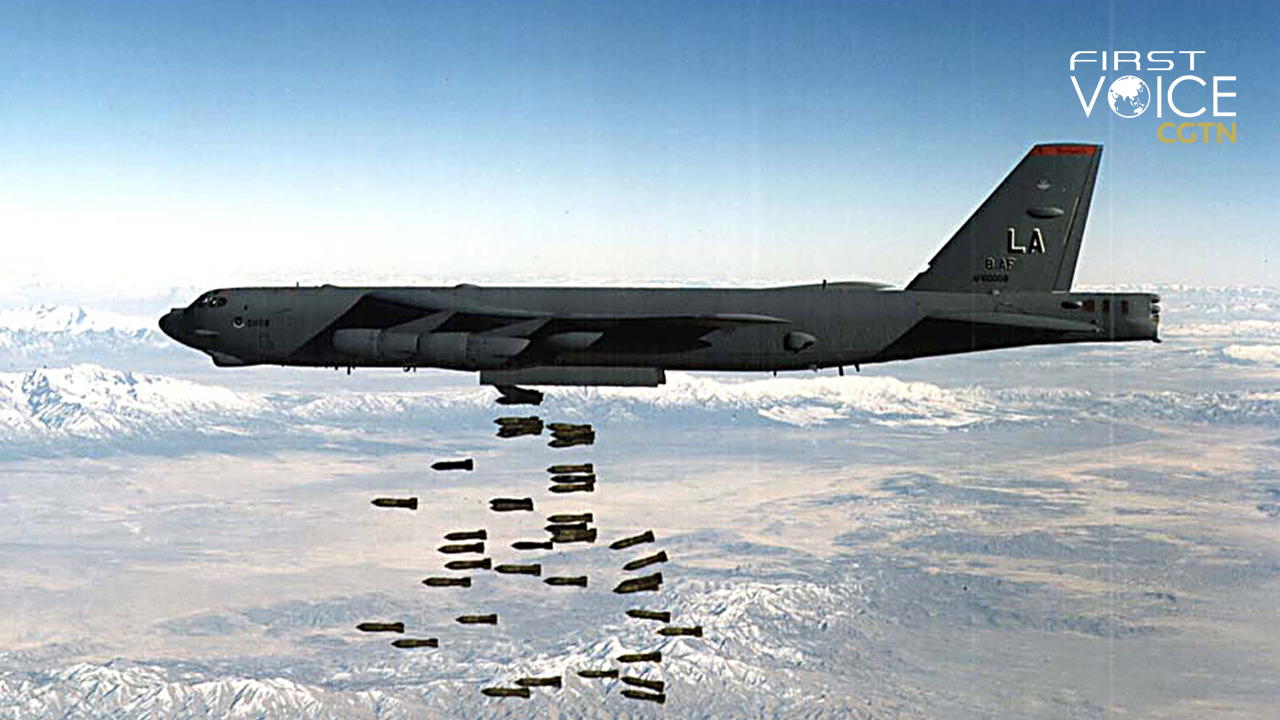
First Voice
On October 31, ABC published an investigation finding that the United States is planning to deploy up to six B-52 bombers, which could carry both nuclear and conventional weapons, to northern Australia. It is building dedicated facilities for the aircrafts at Tindal air base at the south of Darwin. The U.S. Air Force told ABC this move "sends a strong message to adversaries about our ability to project lethal air power." And as ABC's report pointed out, this is a "provocative move experts say is aimed squarely at China."
This is the second year in a row that the United States is putting nuclear-related military gear in Australia. In 2021, the two countries and the UK announced the security deal AUKUS, under which the United States and the UK will help Australia to acquire nuclear-powered submarines. In July this year, America had sent four nuclear-capable B-2 Spirit stealth bombers to Amberley air force base near Brisbane and, as the Financial Times noted, acted partly as a message of deterrence to China. Now, more "lethal air power" is expected to be housed in Australia.
U.S. Ambassador to Australia Caroline Kennedy, when asked about the act, said that the U.S. is determined to support "peace and stability throughout this region." Peace and stability imposed by force seems more accurate.
Australia is clearly being treated by the United States as the dancing puppet in America's anti-China geopolitical strategy in the Pacific. And it'd be a shame for the country's relationship with China if it's determined to follow down such a self-destructive path.
For several years now, the China-Australia relationship has been going downward, as the previous Australian administration followed the United States to attack China at every turn, from human rights to the COVID-19 pandemic. As the government changed, there existed the hope for mending the wounds.
During a meeting with Chinese State Councilor and Foreign Minister Wang Yi on the sidelines of the UN General Assembly in September, Australian Foreign Minister Penny Wong said that Australia stands ready to work with China to develop a stable, mutually-beneficial and productive relationship on the basis of mutual respect. China's Ambassador to Australia Xiao Qian had said that the change of leadership in Australia was an "opportunity of possible improvement of our bilateral relations" and that "there is every reason for China and Australia to be friends and partners, rather than adversaries."
One of the most important reasons would be the economy. China-Australia trade accounted for more than 265.8 billion Australian dollar, more than one-third of the country's total 791.8 billion Australian dollar worth of trade in 2021. Thirty-five to 40 percent of Australian exports is shipped to China. China is Australia's largest trading partner.
2022 marks the fiftieth anniversary of the establishment of relationships between China and Australia. Before the pandemic, there had been nearly 200 flights each week between the two countries. Nearly 2 million people travel between them. Since 2015, China had been the largest source of international students for Australia. More than 1.2 million Chinese or people of Chinese descent working in Australia.
China-Australia relationship runs deep. It's in both countries' interest to see the relationship back on a respectful and friendly track.
But U.S.'s actions run counter to that. Shoving bombers into Australia would lock Australia even harder onto the U.S.'s geopolitical aggression against China and would inevitably damage the China-Australia relationship even more down the road. As the world faces high inflation, an energy crisis, an unceasing pandemic and the continuously surging hyper-nationalism, Australia wouldn't want its own interest to be a casualty or a collateral damage in America's struggle for power.
